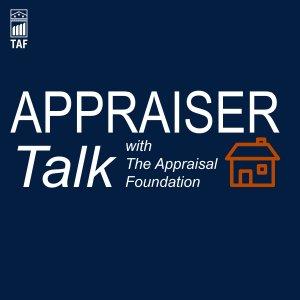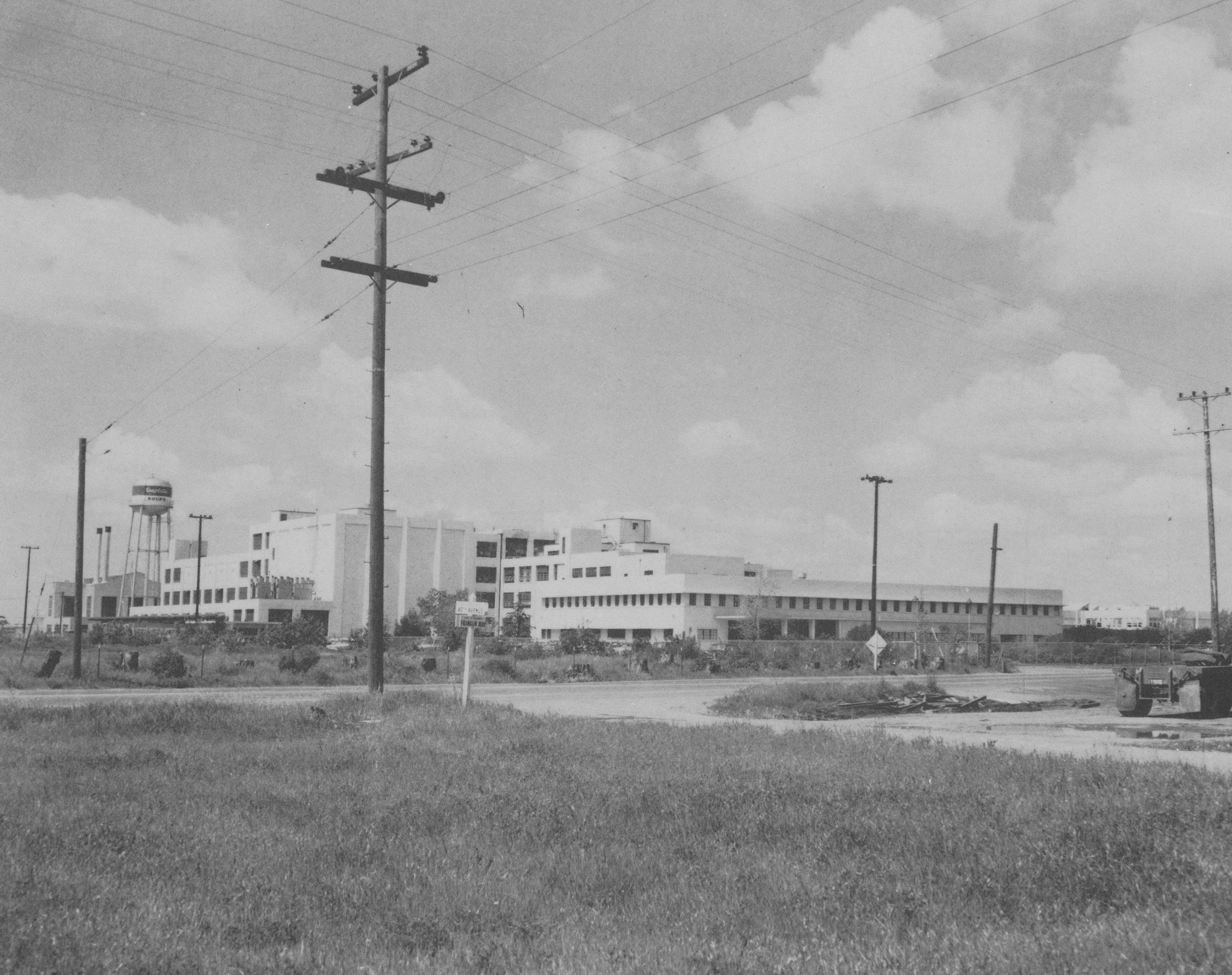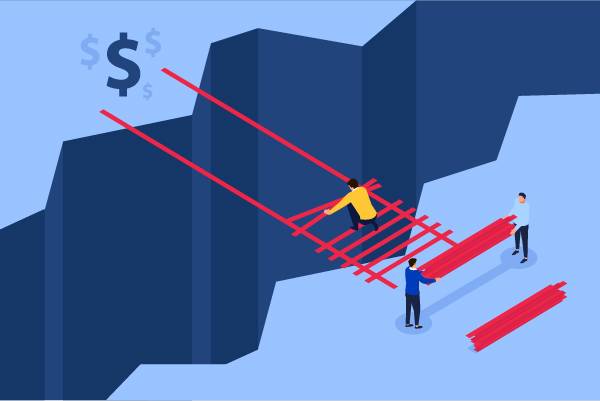Thanks to Joseph Orlando, ASA, Director of Business Valuation at Frank, Rimerman + Co. LLP in St. Helena, CA, for this interesting discussion on the importance of perspective in the valuation process. Joe currently serves as Treasurer on the ASA Northern California Chapter Board and has been nominated as Discipline Director for Business Valuation. It’s been a pleasure to work with him in the chapter and I’m pleased to be able to present this guest blog from him on one of the important benefits of our local appraisal organization.
Starting out my career as an investment banker, I was in many ways trained to be myopic in problem-solving, especially when lacking a context for a situation. My default for problem-solving was based on the nature of what I consider “technical” valuation: that is, deal related and time sensitive. Due diligence was always required but review with context and follow-up was at times considered a luxury. A conclusion of value without this added perspective ultimately was based on the detailed review of financial information but, more importantly, the collective experiences of the deal team that produced a “gut” response to a simple question –– so what is it worth?
As I moved away from banking and towards a profession in fundamental business valuation for tax and financial reporting purposes, I refined my skills through the Accredited Senior Appraiser (ASA) designation process. In doing so, I realized that I not only have the time for more detailed due diligence but the growing responsibility to see the information I review with greater perspective. The challenge is that perspective is simply a point of view and, as humans, we only have one of those we can call our very own. What has allowed me to broaden my perspective is the process of an ASA accreditation and my continued involvement in my local ASA chapter. Thanks to my ASA colleagues, I am now able to complement my own perspective of valuation with those of experts in other disciplines.
Let’s take a winery valuation as an example. As a banker, I could be dealing with a specific buyer with a strategic focus willing to pay a price that is not necessarily related to the winery’s value in a true fundamental sense. In this case, value becomes an output of a marketing process and not a fundamental endeavor. As a business valuation expert looking to opine to fair market value for tax purposes, however, value is defined as the price paid by a willing and hypothetical buyer. My analysis starts with my individual perspective centered around my quantitative assessment of cash flows and financial metrics. I can default to a myopic assessment that the business isn’t worth more than the cash flows that it generates but if the business model generates losses, my conclusion may be that the business isn’t worth anything. Without a perspective of a tangible asset valuation expert opining to the value of the real and personal property, that conclusion is dead wrong.
This initial conclusion of no value would lead me to follow a different path; in this case, I would consider a cost or asset approach. What are the vineyards worth? The equipment? The winery buildings? Possible intangible assets like brand or wine club lists? My ability to ask these questions of myself and others with more specific expertise allows me to leverage the perspective of my ASA colleagues and establish a floor of value that starts with the fair market value of the balance sheet. Depending on the scope of work, there may be adjustments to that value for factors such as lack of control, marketability or liquidity, but the starting point is 100% greater than the initial conclusion of $0.
While the above is an elementary example of a valuation process, I’ve simplified it to highlight that value of perspective. Value has so many different layers and can be seen from so many different perspectives that an appraisal limited to a single layer or perspective can provide an inadequate or even misleading option of value. Opening yourself up to other points of view through a network of trained, experienced people who see the world within a similar framework but with a different shade or color makes all the difference. That network for me is the American Society of Appraisers.
Joseph Orlando, ASA
Director – Business Valuation
Frank, Rimerman + Co. LLP




